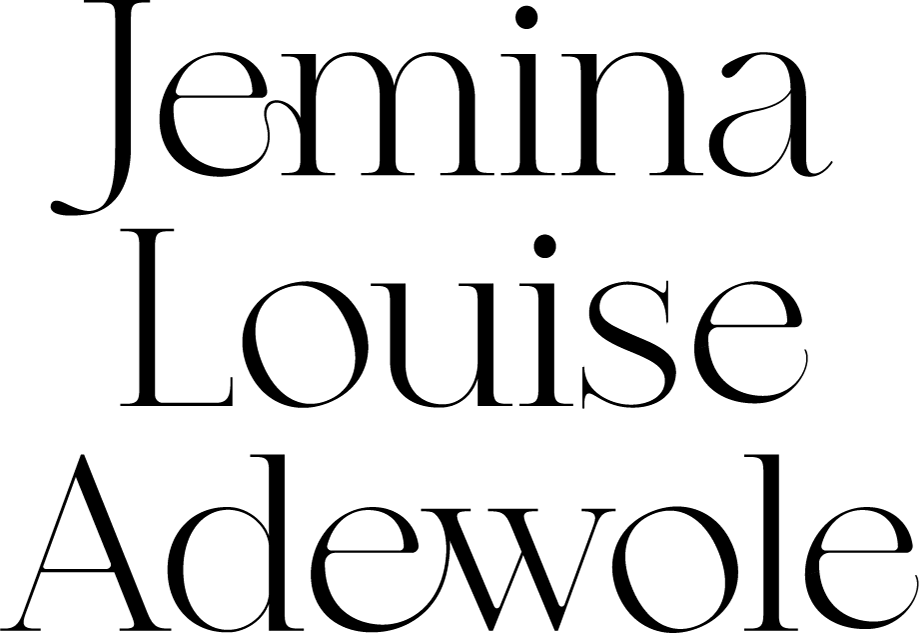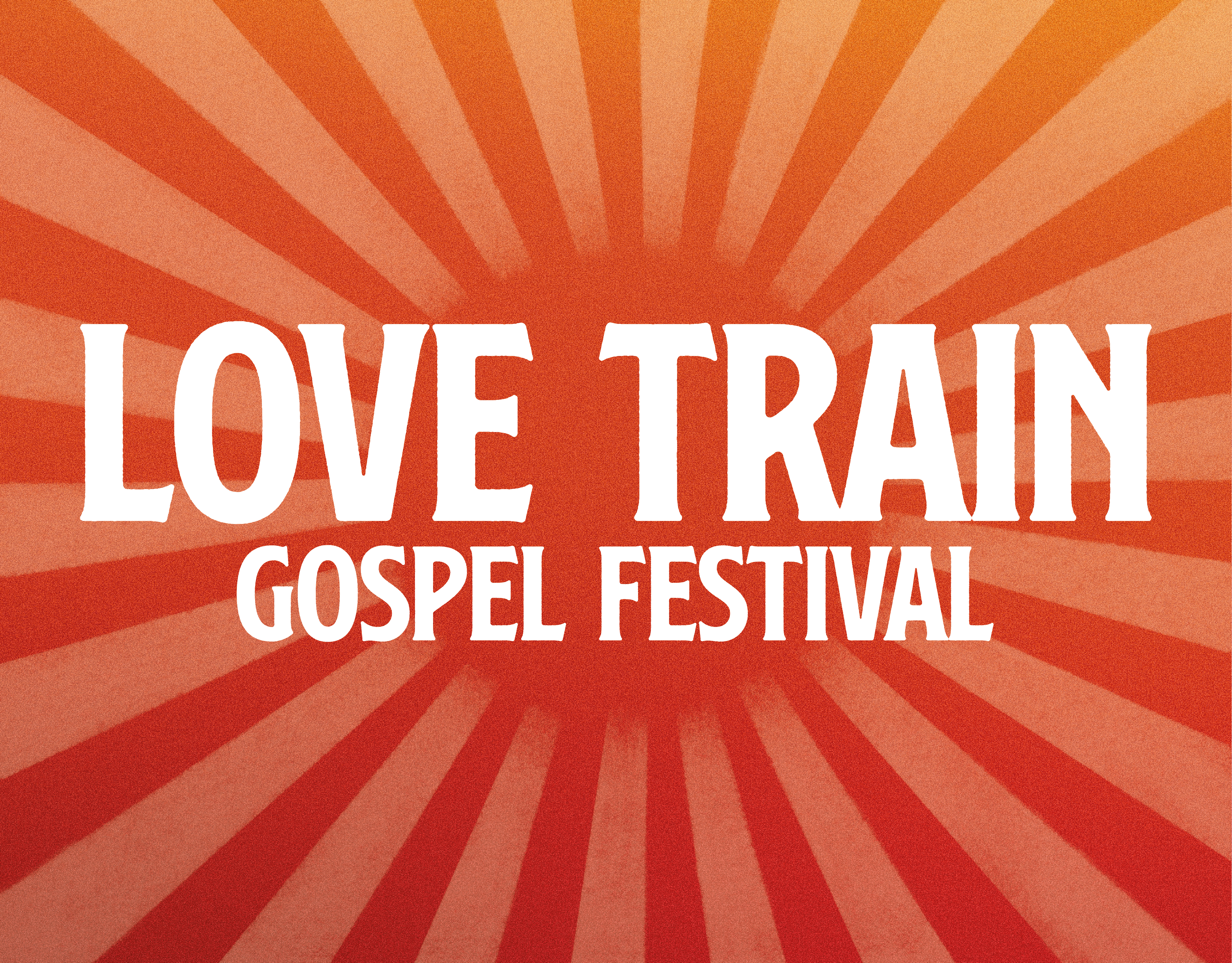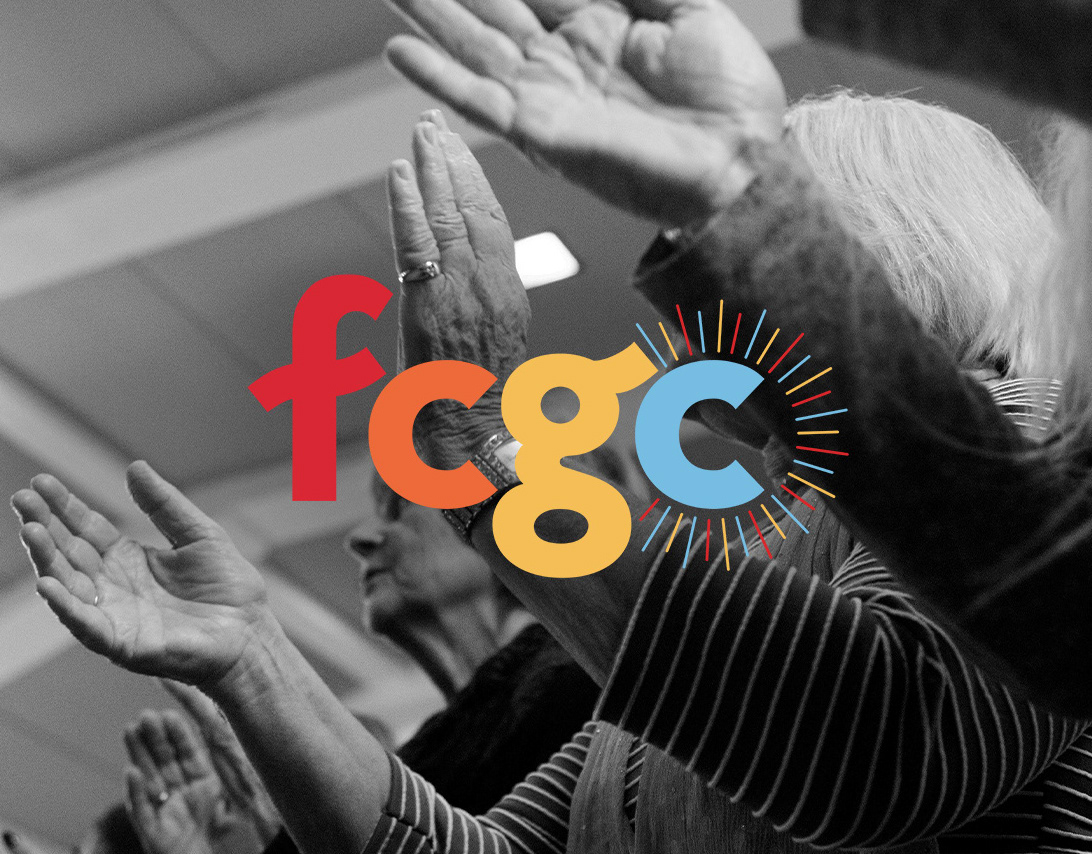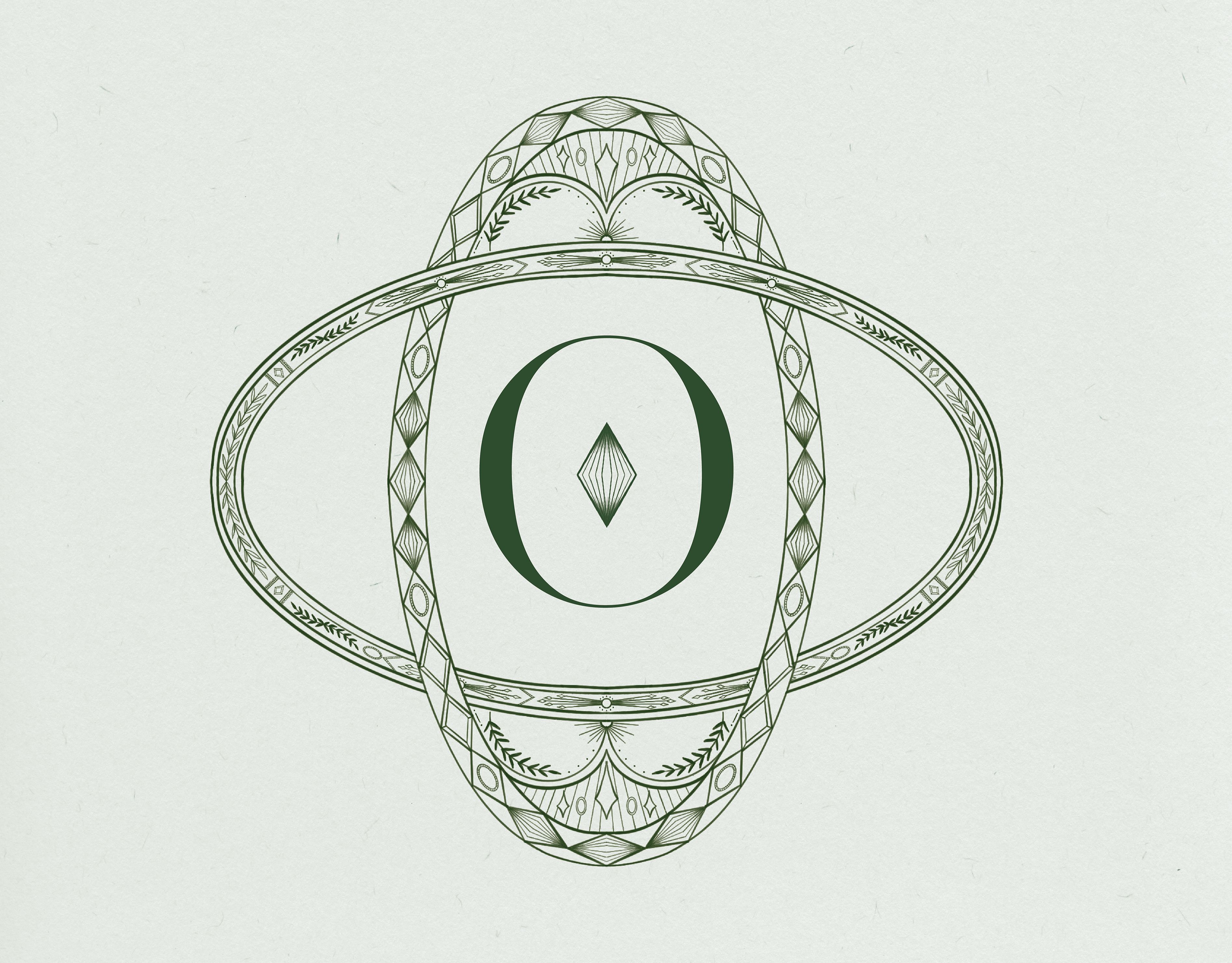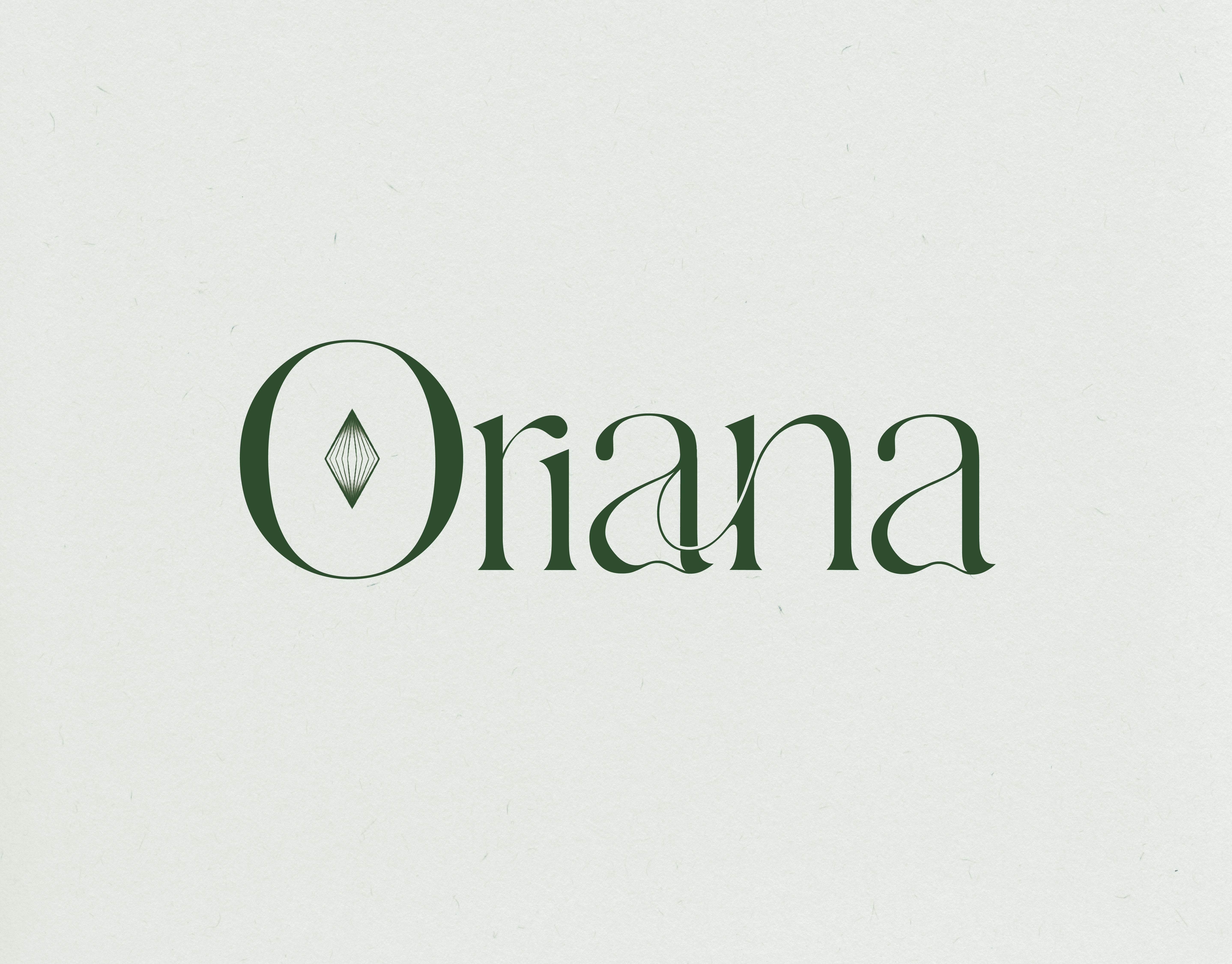Why honey? Over the last decade the population of bees have been rapidly declining to the point where some species of bumblebee including the rusty patched bumblebee (Bombus affinis) have been officially labelled as endangered.
In short - globally, pollination is heavily dependent on bees. But reports show that the number bees are declining due to pesticides and lack or natural environments. My project's aim was to be more conscious of the origins and sustainability of what we consume.
What are Seed balls? Seed balls contain a mini ecosystem. Their wildflower seeds are mixed with clay, peat-free compost and a smidgen of chilli powder, and rolled into a small ball. Each ball is approximately 1cm in diameter, making them super easy to scatter. Each tin contains at least 20 seed balls Each seed ball contains approximately 100 bee mix seeds. For best results, scatter in the spring or autumn. All seed is responsibly sourced in the UK from Flora Locale accredited suppliers, we use only peat-free compost.
The collaboration with Seed ball would allow customers to sustain through the growth of wild-flowers to protect the environment of the bees of whom produce the honey we consume.
“The next time you see a bee buzzing around, remember that much of the food we eat depends significantly on natural insect-mediated pollination – the key ecosystem service that bees and other pollinators provide.” - Greenpeace Research Laboratories Technical Report (Review) 01/2013
